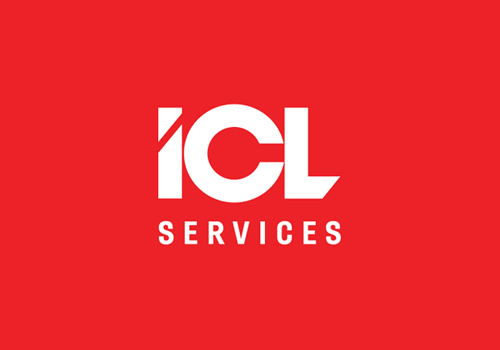Following the departure of Western vendors from the Russian market, the client found itself in a situation where it needed to quickly restructure its operations without disrupting critical business processes.
The company needed to optimize internal business processes and implement a rapid transition to immediately launch support for key operations. The company needed a reliable Russian IT outsourcing partner with real-world experience in similar projects, the necessary competencies, and the technical resources.Key Challenges
- Implementation of the IT service transition during the Transition phase and its subsequent 24/7 support, ensuring the continuity of the company's business processes.
- Organization of training and knowledge transfer for employees.
The project was divided into two key phases: service transition and service support.
Transition
First, ICL Services assembled an engineering team, selecting qualified personnel for the project and defining functional responsibilities and the organizational structure of the unit.
Next, knowledge transfer was organized, and this process included the following tasks:
- Adapting ICL Services knowledge transfer checklists to the requirements of the new process;
- Organizing a series of training events;
- Demonstrating processes and procedures within the supported SimpleOne and Tesis platforms (so-called shadowing) and performing tasks within these platforms by the ICL Services team under the supervision of knowledge transfer experts (so-called reverse shadowing);
- Recording training results and analyzing readiness for the launch of the service delivery process.
The team then prepared the necessary ITSM platform configuration and access management. To this end, experts created functional groups to register and monitor incoming requests, defined a role-based access model, created accounts, and implemented access control procedures.
As a result of the transfer, the company experienced a smooth transition of the service to ICL Services' area of responsibility while maintaining the required level of service quality. Furthermore, knowledge transfer control sessions were recorded on video to create additional training materials for new employees.
Service Support
The support phase of the adopted service was also divided into three stages.
1. During the software product support and maintenance phase, the team implemented:
- Information system administration, regular platform and application monitoring, service performance and availability monitoring;
- Incident registration and classification, service request processing, and system operation consulting;
- User escalation and notification processes;
- Incoming request reporting, weekly and monthly reporting sessions with the customer, and regular service satisfaction surveys;
- Identifying areas for optimization and developing proposals to improve service quality.
2. Developing and updating the knowledge base
- Approving documentation standards;
- Systematizing reporting statistics and specialist experience, documenting typical solutions, describing non-standard situations, and updating materials.
3. Expanding the scope of responsibility- Regularly monitoring the performance of integration processes in real time.
- Implementing a risk control and monitoring system.
- Implementing a software module for supporting the sales process within the SimpleOne platform.
As of September 2025, ICL supports the ESM application built on the SimpleOne platform, the contracting system, the risk control system, and also carries out activities to monitor the customer's information and integration systems.
Results
- Service levels are consistently high, and expansion of the scope of services provided is planned for the near future.
- The implementation of new standard operating procedures has increased response times to requests: the average incident resolution time has been reduced by 30%.
- Improved problem diagnostics allow the second-line team to independently resolve 80% of incidents without escalation, which reduces the burden on third-line resources.
- Modernization of request processing processes has reduced response times and reduced the workload of the customer's IT experts.
- Conducting training and seminars for second-line employees has significantly increased their readiness to resolve complex technical issues.
- Creating a unified knowledge base in Confluence facilitated better information sharing and reduced the time it took to find solutions.
- Developing KPIs for second-line support and regularly analyzing this data allowed us to identify bottlenecks and quickly resolve them.
- Introducing regular performance and user satisfaction reports (C-Sat) enabled the team to adapt its processes and improve service levels based on real data.


